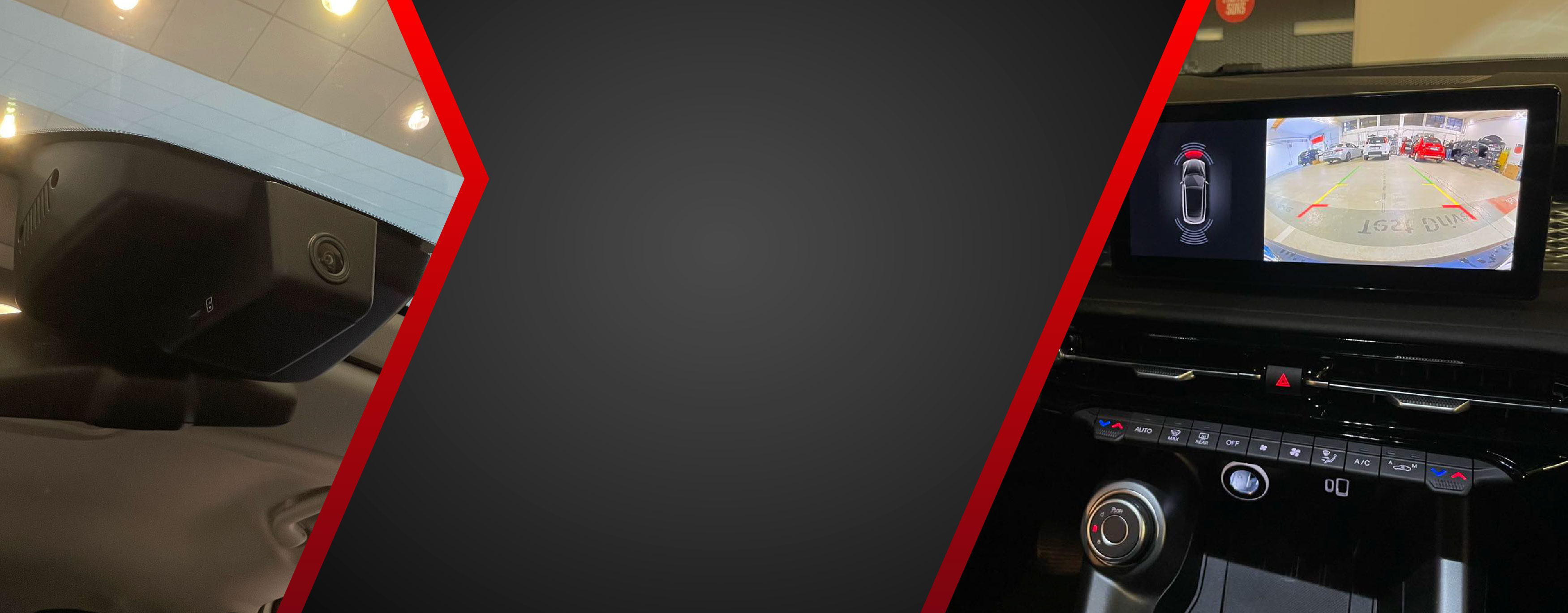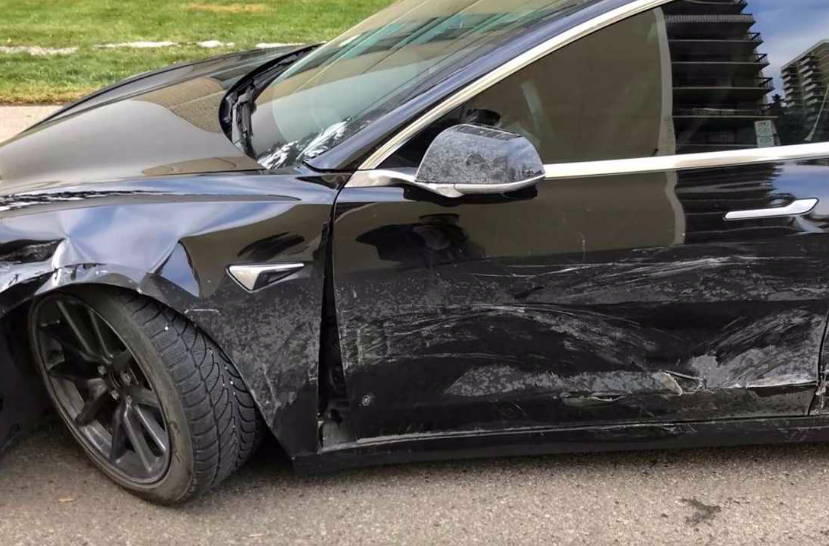
Rete per Bagagliaio per Auto in Nylon per Tesla Model S Plaid X 2012-2023,rete Elastica per Bagagliaio per Auto,ricambi Auto : Amazon.it: Auto e Moto

Tesla Owners Italia | Viaggio 100% elettrico in aiuto per l'Ucraina | Nell'ambito delle attività organizzate da Tesla Owners Italia in aiuto della popolazione Ucraina, Venerdì 11 marzo 2022 alle ore 6:00

Car Accessories For Tesla Model 3 Y 2021 2022 2023 2024 Stainless Door Audio Speaker Cover Loudspeaker Tweeter Trim Case Sticker - AliExpress

Car Accessories For Tesla Model 3 Y 2021 2022 2023 2024 Stainless Door Audio Speaker Cover Loudspeaker Tweeter Trim Case Sticker - AliExpress

Tesla Owners Italia | Viaggio 100% elettrico in aiuto per l'Ucraina | Nell'ambito delle attività organizzate da Tesla Owners Italia in aiuto della popolazione Ucraina, Venerdì 11 marzo 2022 alle ore 6:00

Subito - Gr Ricambi - Ricambi tesla model 3 2015 2016 2017 DISPONIAMO - Accessori Auto In vendita a Palermo

Tesla scala le classifiche in Europa: il boom di vendite del 2023 fa paura ai grandi marchi- Corriere.it

Download Prof. Felix Fortune Tesla Coil / Male Human Doctor / Steampunk Tech Character Da Epic-Miniatures

Compatibile for Tesla Model 3 Maxton Model 2017~2022 Ricambi auto Paraurti anteriore Lip Spoiler Splitter Diffusore Kit corpo staccabile Protezione della copertura (Color : Carbon) : Amazon.it: Auto e Moto

Auto Paraurti Anteriore Splitter Spoiler Per Tesla Model 3 2017-2021 Spoiler Laterale Diffusore Di Protezione Decorativa Body Kit Ricambi Auto : Amazon.it: Auto e Moto

Focket Coprimozzi da 18 Pollici per Tesla Model 3 2017-2023, 4 Pezzi Coprimozzi Copricerchi AntiGraffio per Cerchioni, Copriruota di Ricambio per Tesla Model 3, Nero Opaco : Amazon.it: Auto e Moto

Tesla Owners Italia | Viaggio 100% elettrico in aiuto per l'Ucraina | Nell'ambito delle attività organizzate da Tesla Owners Italia in aiuto della popolazione Ucraina, Venerdì 11 marzo 2022 alle ore 6:00

Parafanghi progettati per Tesla Model Y 2020 2021, Anteriori Posteriori Parti del Corpo Protection Copertura Parafango Auto Ricambi : Amazon.it: Auto e Moto

DYETEE Pattumiera Per Auto Sedile Posteriore Per Auto Pattumiera Borsa Di Stoccaggio Ricambi Auto Per Tesla Model 3/Y : Amazon.it: Auto e Moto

































